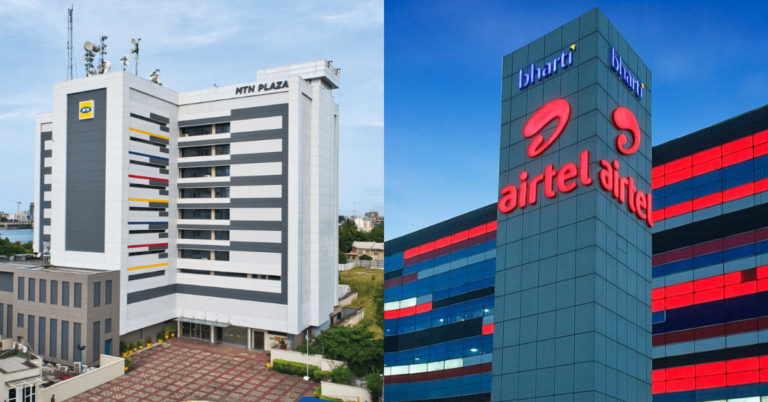The top 5 reasons why many entrepreneurs fail

Today, many employees who are leaving their jobs are venturing into entrepreneurship. According to the National Bureau of Economic Research, the number of applications for new businesses is higher than ever.
Felena Hanson, founder and CEO of coworking space Hera Hub, has seen a 50 percent increase in the number of first-time entrepreneurs using her facilities.
While this appears to be good news, the failure rate of small businesses remains high: 20% fail after two years, 50% fail after five years, and 70% fail after 10 years.
But failure is not an entrepreneur’s enemy. It can be a wise teacher. Lak Ananth, CEO and managing partner of venture capital firm Next47, writes in his new book, Anticipate Failure, that “instead of fearing failure, become acutely aware of what could cause failure in your business or industry and build a tool kit for how to deal with it.”
Here are five things that can scuttle your business—and suggestions for avoiding or recovering from such failures:
1. FAILURE TO EVALUATE THE MARKET
This is the single most important reason for business failure: 42 percent fail due to a lack of a market for their product.
When I sold my first business, I was so confident in my ability to be an entrepreneur that I launched a second company that provided emotional intelligence training for fitness instructors, despite having a 30-year track record of success. During my hours at the gym, I witnessed trainer after trainer ignoring the needs of their clients and failing to demonstrate emotional sensitivity. The issue was that I had not tested the market. Trainers, I reasoned, required the services I was promoting. They, on the other hand, did not see the need. Neither did their fitness facilities.
So, talk to potential customers and find out if what you want is the same as what they want. And find out if those customers are willing to pay you a fair price for it.
2. FAILURE TO FORGE A SUCCESSIVE TEAM
A second challenge that entrepreneurs face is putting together a successful team. When that process fails, the business will suffer or even fail.
The most successful entrepreneurs surround themselves with incredible talent. Although some may regard Steve Jobs as the creator of Apple, he did not create those products on his own. “You’ve got to be a really good talent scout because no matter how smart you are, you need a team of great people,” he once said. You have to figure out how to quickly assess people, make decisions without knowing them too well, hire them and see how you do, and refine your intuition… because you need great people around you.”
As a result, if you’re starting a business, Ananth advises, “you have to build a team with a purpose in mind,” and they must all “help you get to that purpose.” You may want to start your own business because you want to “be your own boss.” After all, 55% of entrepreneurs say that’s why they went out on their own. However, if you do not surround yourself with good people, you will be a sole proprietor at best.
3. INABILITY TO CREATE A UNIQUE PRODUCT
A third challenge for entrepreneurs is to create a market-differentiated product. Without it, the company will fail.
Richard Branson founded a soda company that few of us are familiar with because, well, it fizzled. Branson had high hopes when he launched Virgin Cola: “Coke is the most well-known brand in the world,” he said, “and we thought it would be a lot of fun if we could topple Coke.” Unfortunately, because it was too similar to other sodas on the market, his product did not sell. After a few years, the company went out of business.
You must have a distinct product. I founded the Humphrey Group because no one else was providing what I knew I could: executive speech training that taught C-level clients how to create and deliver their own speeches, presentations, media remarks, and off-the-cuff comments.
4. FAILURE TO USE THE CORRECT TECHNOLOGY
A fourth issue stems from a failure to properly implement technology. This, too, can jeopardize your chances of success.
Elon Musk has had his fair share of technological blunders. The first three rockets launched by SpaceX exploded. It took him years to work out the kinks at Tesla, and then there were additional challenges in trying to ramp up production. And, during the unveiling of the Cybertruck model, his designer smashed the window with a sledgehammer, much to Musk’s surprise.
Musk has achieved extraordinary success, but he was fully prepared to fail. “In the early days, I thought there was more than a 90% chance that both SpaceX and Tesla would be worth zero,” he once said. And he recently sent a memo to SpaceX employees warning them that the company might go bankrupt.
Musk has demonstrated perseverance in overcoming technological failures by demonstrating a willingness to analyze problems and a determination to constantly improve.
5. FAILURE TO FINANCE YOUR COMPANY
Failure to financially sustain one’s business is a fifth serious problem that entrepreneurs may face. Simply put, running a business costs money, and if you don’t have it, you’ll fail.
While good products and loyal customers will eventually allow your business to thrive, you’ll need adequate funding and a keen eye on all expenses during the startup phase. My first business was started in a closet-sized office, and as one bank CEO jokingly put it, my two coffee mugs were my first assets.
I kept costs as low as possible by hiring trainers on a per diem rather than a salary basis, having only one company event per year, and having my husband handle the accounting. Too many businesses start with high salaries and lavish expenses, only to close their gilded doors a few years later.







